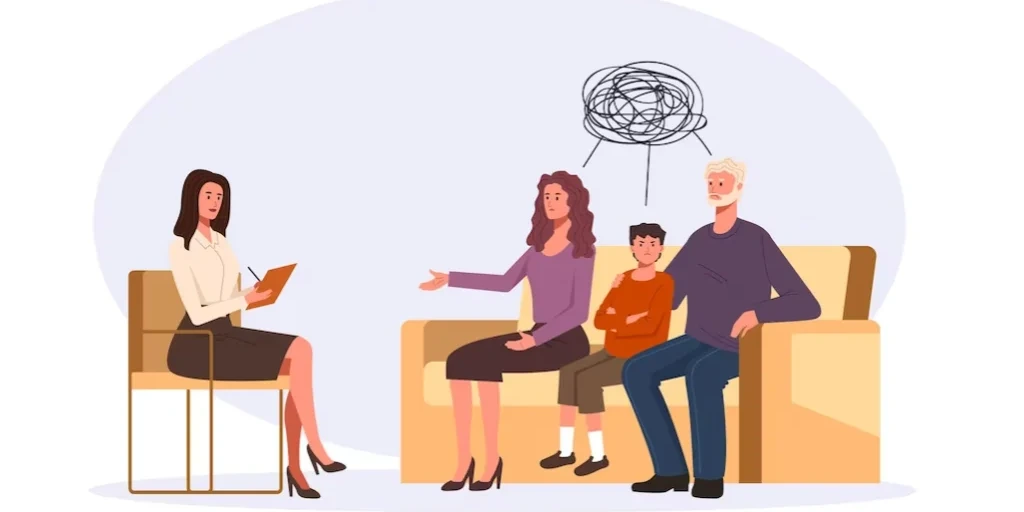24/7 Helpline:
(866) 899-221924/7 Helpline:
(866) 899-2219
Learn more about Bipolar Disorder Treatment centers in Hood River
Bipolar Disorder Treatment in Other Cities

Other Insurance Options

Optima

ComPsych

Excellus
Beacon

Magellan

Medical Mutual of Ohio

Health Choice

Molina Healthcare

Coventry Health Care

Regence

Kaiser Permanente

Oxford

Self-pay options

Private insurance

Health Partners

United Health Care

BHS | Behavioral Health Systems

Optum

MHNNet Behavioral Health

Magellan Health

Providence Hood River Memorial Hospital Behavioral Health
Providence Hood River Memorial Hospital Behavioral Health is a private rehab located in Hood River, ...

Mid Columbia Center for Living
Mid Columbia Center for Living is a public rehab located in Hood River, Oregon. Mid Columbia Center ...








































